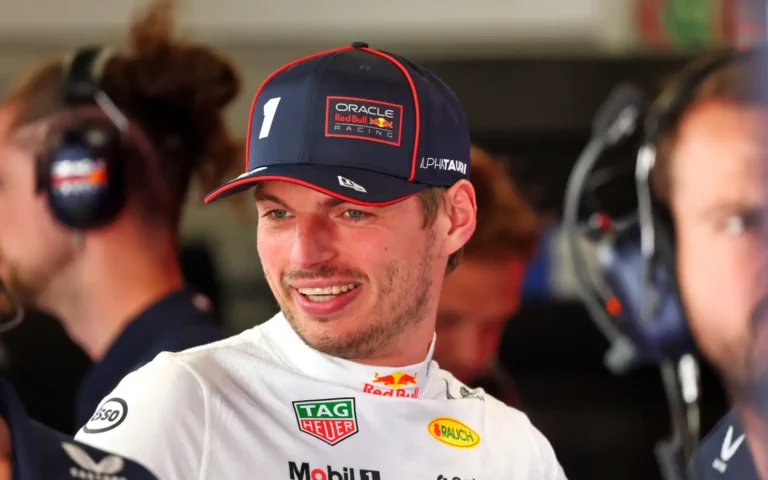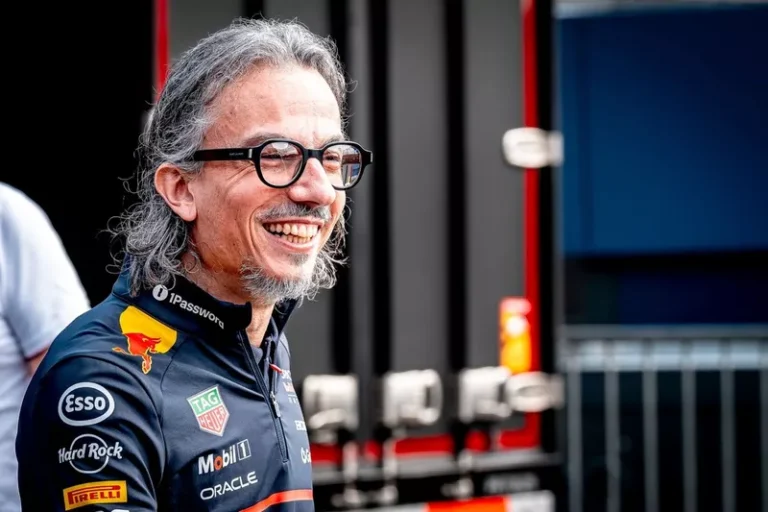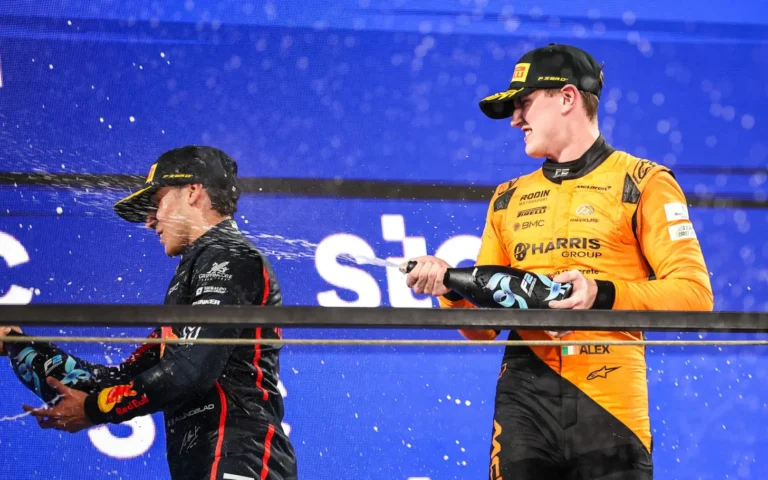
Formula 1 is on the verge of introducing sweeping regulation changes that could redefine how the sport operates, with discussions centered on technical rules, cost control, and race entertainment. Reigning world champion Max Verstappen has acknowledged the proposals with an open but cautious perspective. While many fans and teams are divided over the potential impact, Verstappen’s balanced response signals his interest in seeing the sport evolve constructively. He remains receptive to improvements but warns against overlooking potential drawbacks that might compromise racing quality.
One of the standout proposals involves changes to aerodynamics. The goal is to simplify car designs to encourage tighter competition and more overtaking opportunities. The current aerodynamic systems are highly advanced but tend to favor front-running teams, making it harder for others to catch up. Verstappen agrees with the need to make racing more competitive but is wary that simplifying too much might reduce downforce and slow the cars. He believes it’s important to find a middle ground that keeps races thrilling without losing the performance that makes F1 unique.
Cost control is another major element being discussed. Formula 1 teams face enormous development expenses, which has created a significant divide between big-budget teams and smaller ones. The new cost cap proposals aim to level the playing field by limiting how much each team can spend. Verstappen supports this approach, recognizing it could boost fairness and bring more teams into contention. However, he also emphasizes that enforcement will be key, warning that cost caps should not suppress technological progress or punish teams that have already invested heavily.
In addition, engine and power unit regulations are up for review. The sport’s current hybrid engines, though efficient and advanced, are costly and complex. Simplifying these systems could lower costs and attract more manufacturers, but it might also reduce the technological edge F1 is known for. Verstappen sees value in making engines more accessible but insists that any change must not sacrifice the excitement and innovation that fuel the sport’s identity. Balancing affordability with technical integrity will be crucial for the sport’s future.
Lastly, Verstappen has weighed in on potential revisions to race formats and rules—such as points systems and penalties—that could reshape the structure of F1 weekends. These proposals aim to make the sport more entertaining and fair across the board. While change always brings uncertainty, Verstappen’s openness suggests a forward-thinking mindset. His stance signals to fans and fellow drivers that adaptation is possible, as long as the changes serve the long-term growth of the sport without compromising its core competitive spirit.




